This history and development of India’s left movements are unique in that the country is home to two coexisting strands of modern communism. The first of these is the Parliamentary Communist Party of India, which constituted the first democratically-elected Marxist government in the country. The Parliamentary left subscribes to a social-democratic philosophy, turning to the traditional democratic institutions of governance in their quest to fulfill the Marxist-Leninist goal of establishing a classless society. The second, oppositional, strand is the revolutionary Maoist movement. This branch rejects Parliamentary democracy as a means to altering class-relations, as they see the government as an elite organization dedicated to the status quo and age-old system of class exploitation. The rise of the broad left and of the Communist movement in our own freedom struggle can be traced to the inspiring message of this world-shaking event. This will be a must read book for all those interested in left movements, their objectives and the impact on India’s rural and tribal community.
Contents: Preface. 1. Trade Unionism in India. 2. Peasant movements in India. 3. Left movement. 4. Manabendra Nath Roy and growth of left in India. 5. Foundation of the Communist Party of India. 6. International socialists Vs. Nationalists. 7. Marxism as a political practice. 8. Congress socialist party. Bibliography. Index.

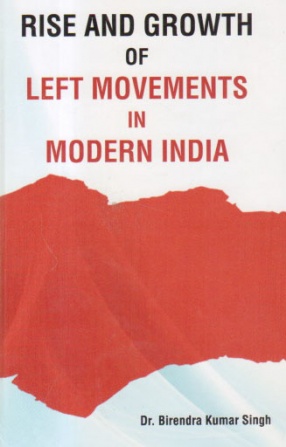
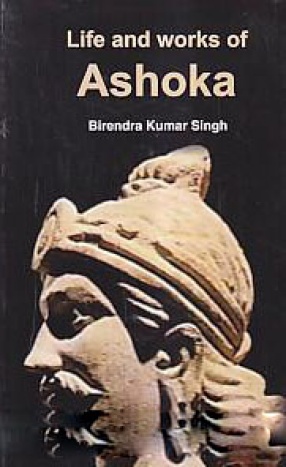

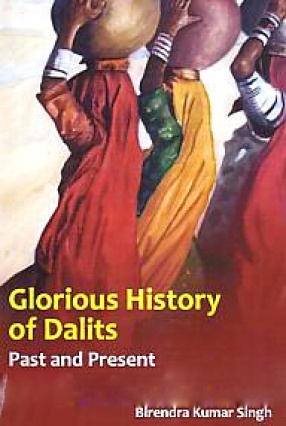
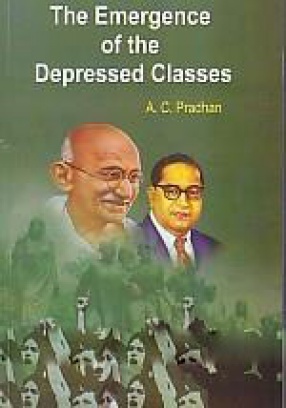
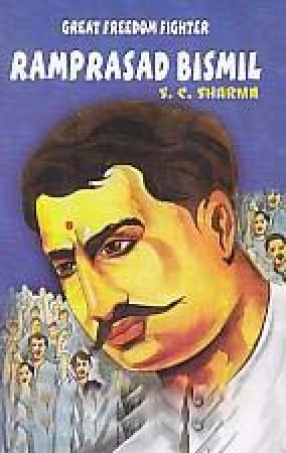
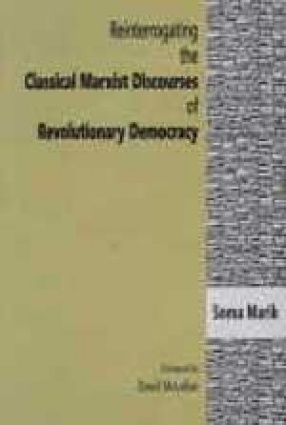
There are no reviews yet.